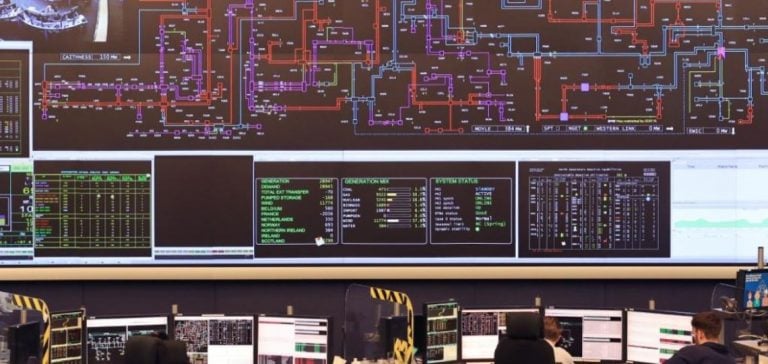Governments around the world are turning to ambitious decarbonization policies to meet climate and energy targets.
However, the implementation and monitoring of these policies depend on robust energy information systems capable of providing accurate, real-time data.
In many countries, however, these systems remain underdeveloped or poorly integrated into national strategies.
Energy information is an essential tool for measuring the effectiveness of public policies.
It makes it possible to analyze consumption by sector, track the evolution of infrastructures and assess the impact of investments.
However, in many countries, data is often fragmented between different ministries or agencies.
This complicates the development of coherent, global strategies.
This situation compromises the ability of governments to adjust their policies in line with actual results.
A strategic challenge for governments
Energy information systems are a strategic asset for governments.
They not only enable them to steer the energy transition, but also to measure progress in terms of energy security, infrastructure management and emissions reduction.
Countries that fully integrate these data into their decision-making processes have a competitive advantage on the international stage.
Against this backdrop, the International Energy Agency (IEA) has identified a number of gaps in energy data collection and processing.
Some countries, particularly in regions such as sub-Saharan Africa, struggle to produce complete national energy balances.
For example, although biomass accounts for almost 90% of the energy mix in this region, the data available is often incomplete, making it difficult to define appropriate energy policies.
Energy statistics should be regarded as a public good.
Funding is essential to ensure their continuity and updating, particularly in emerging economies where data collection infrastructures are still limited.
This lack of reliable information increases the risk of inefficient or ill-informed decisions, which ultimately penalizes the performance of national energy systems.
A structured approach to capacity building
In response to this situation, a number of initiatives have been launched to strengthen governments’ energy data capabilities.
The IEA recently published a guide presenting a methodology for improving energy information systems at national level.
The guide, drawn up in consultation with experts from countries such as Brazil, Australia and the UK, proposes an approach structured around three pillars: planning, operational implementation and data monitoring.
The strategic dimension of the guide emphasizes the need to identify data needs and users.
This includes developing a clear strategy and setting up appropriate funding mechanisms.
From an operational point of view, it is essential to establish an effective legal framework and institutional structures, with adequate human, technical and financial resources.
Finally, data monitoring relies on rigorous methods of data collection and quality verification, with particular attention to technological innovations such as the digitization of processes.
A framework to support emerging countries
The IEA guide targets emerging countries in particular, where energy information systems are still in their infancy.
It proposes short- and medium-term recommendations to help them fill existing gaps.
Governments can thus assess the state of their energy systems and draw up an action plan based on the priorities identified.
Data collection on energy demand, for example, remains incomplete in many developing countries, hampering the development of public policies tailored to local realities.
The guide also provides practical tools, such as an Excel template, to enable states to assess their systems and identify areas for improvement.
The framework provided by the IEA is not limited to a theoretical approach.
It includes concrete examples drawn from feedback from countries that have already set up effective information systems.
Successful initiatives have been piloted in sub-Saharan Africa, in close collaboration with local partners.
Train those involved in data collection and analysis
One of the keys to success also lies in training the players involved in collecting and analyzing energy data.
Since 2012, the IEA has trained thousands of statisticians and analysts around the world.
This training aims to improve the quality of the data produced and align national systems with international standards.
Training is provided through both face-to-face workshops and online programs.
These initiatives aim to strengthen the skills of local professionals while facilitating the exchange of best practices between countries.
The IEA has also launched a customized support program for countries wishing to develop their energy roadmap, as was recently the case in Ethiopia and Kenya.
The ability of governments to collect, analyze and use energy data is a decisive factor in their success in the energy transition.
With robust information systems and appropriate strategies, governments will be better able to steer their policies and guarantee concrete, long-term results.






















